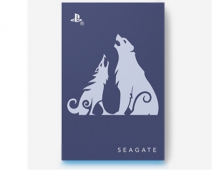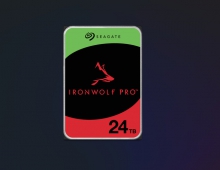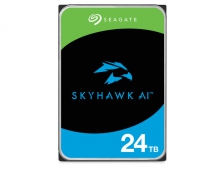
Seagate Sues SSD Maker Stec
World's largest hard disk maker Seagate filed a suit on Monday against a competitor, STEC, a maker of solid-state drives, alleging patent violations.
Seagate claims that Stec violated patents related to the controllers the company used in the flash memory Solid State Drives (SSD). Such controllers are essential parts of SSDs, since they help compensate for the weaknesses of flash memory chips, namely the lack of speed and reliability.
Seagate's move could set an important precedent and stall the solid-state storage industry. There are more than 50 companies doing solid-state drives. A suit will add doubt and uncertainty, while a possible Seagate's victory could also force makers such as Samsung and Intel to pay licensing fees to Seagate for their SSD implementations. This would also increase prices to end users.
Stec has not yet officially released any statement about the suit.
Seagate filed the lawsuit on Monday in the U.S. District Court for the Northern District of California.
SSDs have gained ground against HDDs because they use less power and are more reliable, but HDDs remain far less expensive. Seagate's move may offer the company the chance to collect licensing fees or even forge an alliance with SSD makers in order to expand its own flash memory business.
Seagate's move could set an important precedent and stall the solid-state storage industry. There are more than 50 companies doing solid-state drives. A suit will add doubt and uncertainty, while a possible Seagate's victory could also force makers such as Samsung and Intel to pay licensing fees to Seagate for their SSD implementations. This would also increase prices to end users.
Stec has not yet officially released any statement about the suit.
Seagate filed the lawsuit on Monday in the U.S. District Court for the Northern District of California.
SSDs have gained ground against HDDs because they use less power and are more reliable, but HDDs remain far less expensive. Seagate's move may offer the company the chance to collect licensing fees or even forge an alliance with SSD makers in order to expand its own flash memory business.





















